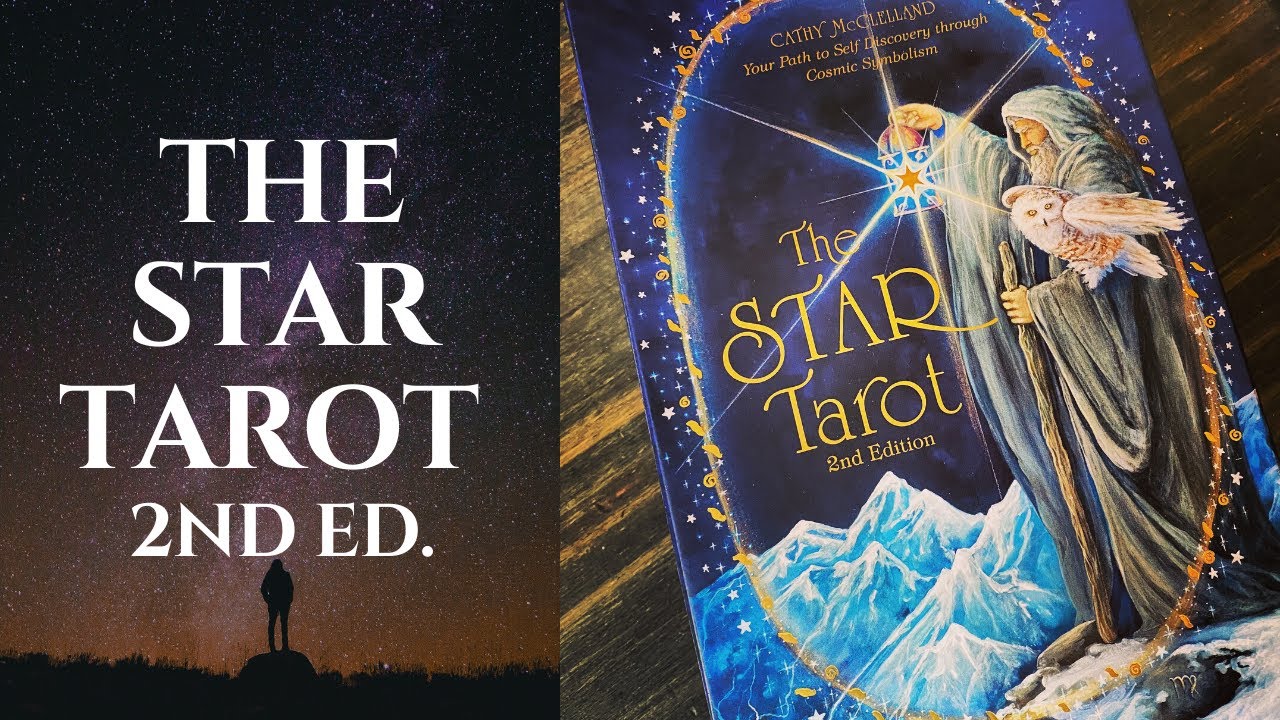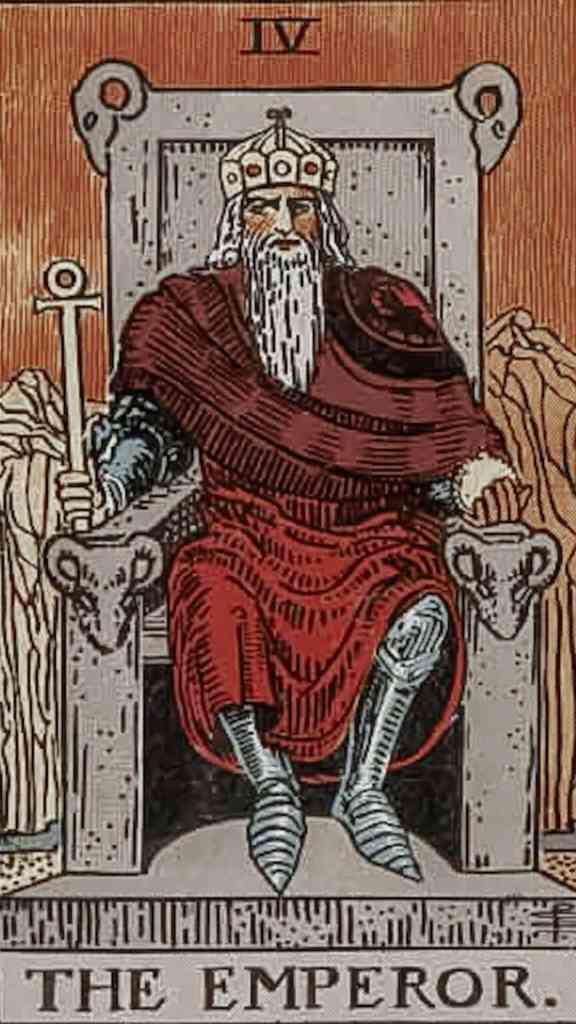
Cold reading is a type of public speaking where you read aloud from a text. It is a popular technique in the performing arts, especially in the theater. It can be a good way to improve your speech skills and impress an auditorium. It is also known as 'theatrical reading'. Cold reading can be used to improve confidence and public speaking skills.
Techniques
Techniques for cold reading involve using a variety of techniques, including observing the body language and details of the conversation. Learn about the subject's concerns and lifestyle during the reading. You can also observe the subject's reactions to your statements, and then refine your statements based on the results.
In addition to using a variety of techniques, you can also create a win-win situation by making a contradictory statement about the subject's behavior. Mentalists often create these situations by making contradictory statements about the subject's behavior. Common examples include presenting a subject with a subtle statement about an emotion or thought. This tactic is highly effective since the subject is likely familiar with both sides of the emotion.
Selection of Audience
You can target potential customers based on their interests, like college sports fans or women in their late twenties. Targeting your ads to the most likely customers can help you target them. Using demographic targeting will help you get the most out of your ad campaigns.

Cold reading requires that you can make an impact on the audience to succeed. Many applicants focus too much on the script when auditioning. They lose sight of their audience. Try to hold the script one hand in your other hand and make eye contact with your audience. Be sure to take a short time turning the page. You might also fold the corner to make it easier for you to turn the page.
Body language
Cold reading is the art of understanding people's nonverbal signals and deciphering what they are trying to communicate. This skill is particularly useful when trying to gauge someone’s level of confidence and nervousness. This skill can also help you adapt your behavior to different situations. Many people think that body language is equivalent to cold reading, but that's not necessarily true.
In reality, cold readers make a lot of generalizations about the person they're reading. Most of this information is correct, but it can also be provocative or evocative. To narrow down the scope of the statement and refine it based on the response, you need to pay attention to the body language. For example, a cold reader might make a funny statement about a deceased relative, but a more serious statement about the person's recent relationship with a former partner might be a more accurate statement.
False signs
There are two main ways that cold reading can detect false signals. Both rely on subjective validation and the other relies upon objective validation. Both require some training and experience. A good cold reader should have a wide repertoire of techniques. A good cold reader should have the ability to identify people in different mental states.
Cold readers who are successful will ask many different questions to obtain as much detail as possible. Then, the reader will repeat or rephrase what he or she has just answered and use that information as a guide in the next question.

Preparation
Prepare for cold auditions as a performer. Cold readings do not require script review, but it is vital to research the topic matter and understand what will likely be asked. This will enable you to feel connected with the material as well as familiarize yourself with the characters, storyline, company, and other details. For practice, you can read material before the class.
Actors should avoid stiffening up when they are preparing for cold-reading auditions. It is important to remember that actors communicate with their bodies just as much as they do with their words. It is important to communicate the appropriate emotion through physical gestures.
FAQ
What are some free resources I can use to learn more about hobbies
Many websites are dedicated to helping people find new hobbies.
Here are some of our favorite:
www.trythisathome.com - This site provides a list of over 100 different hobbies. It also includes information on how to get started on each one.
www.hobbyfinders.org offers a huge database with thousands of activities. You can search for your interests, skills, location, and many other criteria.
www.indiebazaar.co.uk - IndieBazaar is an online marketplace designed specifically for independent artists and musicians. The site features hundreds of products ranging from artwork to music gear.
www.pinterest.com/explore/hobbies - Pinterest is a social media network that lets users "pin" images they find interesting onto their boards. Users can organize the things they like in specific categories with boards.
www.reddit.com/r/Hobbies Reddit allows users to share links to articles, videos and other content on their social media platforms. Voting lets users vote for which posts are the most valuable.
What are some good hobbies for seniors to do?
Senior citizens need to find things they like doing. Active seniors should take up sports and other physical activities.
They may be interested in joining clubs to find people with similar interests. This way, they'll feel less lonely as they age.
Senior citizens need to be aware of the latest trends. For example, seniors could keep up with the latest fashions, art and literature.
How do I start my new hobby?
To start a new hobby, you must first decide what type of activity you would like to do.
Once you've chosen your subject, you need to be passionate about it.
It's important to understand why you want to start a particular hobby. It will give you some direction and purpose.
Once you've chosen the hobby you would like to pursue you can start planning.
You should think about the equipment you'll need.
Consider whether you are required to attend classes and seminars.
You must ensure you have enough room for your hobby.
It might also be worth considering joining a group or club. These groups offer support and advice.
Think about how much you'd need to spend on your hobby.
What are your top hobbies?
The best hobbies are those that you enjoy doing for yourself. It will be easier to continue doing what you love if you are passionate about your work. This will give you a reason for not feeling well, or tired.
Hobbies that we all know and love include gardening, painting and crafts, photography, cooking, sports and games, reading, music, film-making, collecting, cycling, walking, dancing, writing, playing instruments, etc.
You could also consider volunteering at a local charity shop, animal shelter, children's hospital, hospice, elderly care home, school, community center, church, etc.
Suppose you're looking for something more adventurous. Why not take up scuba diving, rock climbing, sky diving, bungee jumping, white water rafting, sailing, surfing, canoeing, kayaking, horse riding, zip lining, hang gliding, paragliding, skydiving, snowboarding, skiing, mountain biking, hiking, camping, fishing, hunting, archery, shooting, clay pigeon shooting, target shooting, golf, tennis, swimming, snorkeling, windsurfing, waterskiing, kitesurfing, wakeboarding, standup paddle boarding, hang gliding, parasailing, hot air ballooning, paragliding and many more.
If you want to go further afield, there are plenty of unique ways to spend time in nature. These include caving and cave tubing.
Can I make money by my hobby?
Many hobbies can bring in extra income.
If your hobby is something you love, you might decide to make a living selling it.
If you are a stamp collector, you might want to start a website that sells rare stamps.
You can also make extra income by selling and buying stamps.
You could also create a YouTube channel to talk about your hobby.
This allows you share your passion and generate revenue by creating premium content.
What is a hobby for kids?
Any activity that kids enjoy as a hobby is something they do outside of the normal routine. They might like to draw pictures, build things, paint, write stories, play with toys, read books, watch TV, listen to music, play computer games, ride bikes, skateboard, swim, climb trees, run around outside, play football, basketball, volleyball, rugby, cricket, baseball, soccer, hockey, dodgeball, rounders, tag, hide and seek, hopscotch, marbles, jump rope, hopscotch and many others.
Many parents worry about their children getting into trouble if they have the freedom to do what they want. It is not true. Your child will not get into trouble if he or she is safe and doesn’t cause any harm to other people or themselves.
It is important that people remember that simply because they love doing something does not mean they will always do it. If they dislike writing but enjoy drawing pictures, they might opt to draw pictures.
There are many different hobbies, so it is up to you which one you love the most.
What does a hobby really cost?
It costs nothing to start a hobby. If you're serious about it, however, it may take you many years to reach your goals.
But there is one thing you can do to help yourself. It's called "passion." If you are passionate about what you do, it will be easier to work hard and make progress.
After you've put in hours, you might become addicted. This is where the real joy begins. You are now doing something that you love and getting better every day. This will mean that you will have likely made significant improvements by the end.
Don't fret about how long this takes. Don't be afraid to try. You might just surprise yourself!
Statistics
- In comparison, men in the “no humor” condition were refused 84.6% of the time and were only accepted 15.4% of the time. (time.com)
- Almost 80% of people claim to have no hobby. (hobbylark.com)
- I am 100% biologically a woman (discover.hubpages.com)
- A new survey by Pew Research Center of teens ages 13 to 17 finds that 36% of girls feel tense or nervous about their day every day; 23% of boys say the same. (pewresearch.org)
- The Role of the Mind in Sex, Dating, and Love: Men in the “humor” condition received phone numbers from 42.9% of the female participants and were refused 57.1% of the time. (time.com)
External Links
How To
How do you start woodworking?
There are many methods to get started with woodworking. It is possible to use power, hand or a combination. The most popular tools are routers, drills sanders, sanders, and saws.
Once you have decided what type of project it is, you need the right tools. If you are planning to build furniture, then you will need a router, table saw, drill press and jigsaw. A circular saw, miter saw, band saw, router, jigsaw and hammer are all you will need to make a cabinet or picture frame.
For help in choosing the right tool, ask at your local home improvement store. You can also look online for websites that are dedicated to this hobby. These websites often offer helpful tips for how to purchase the right tools.